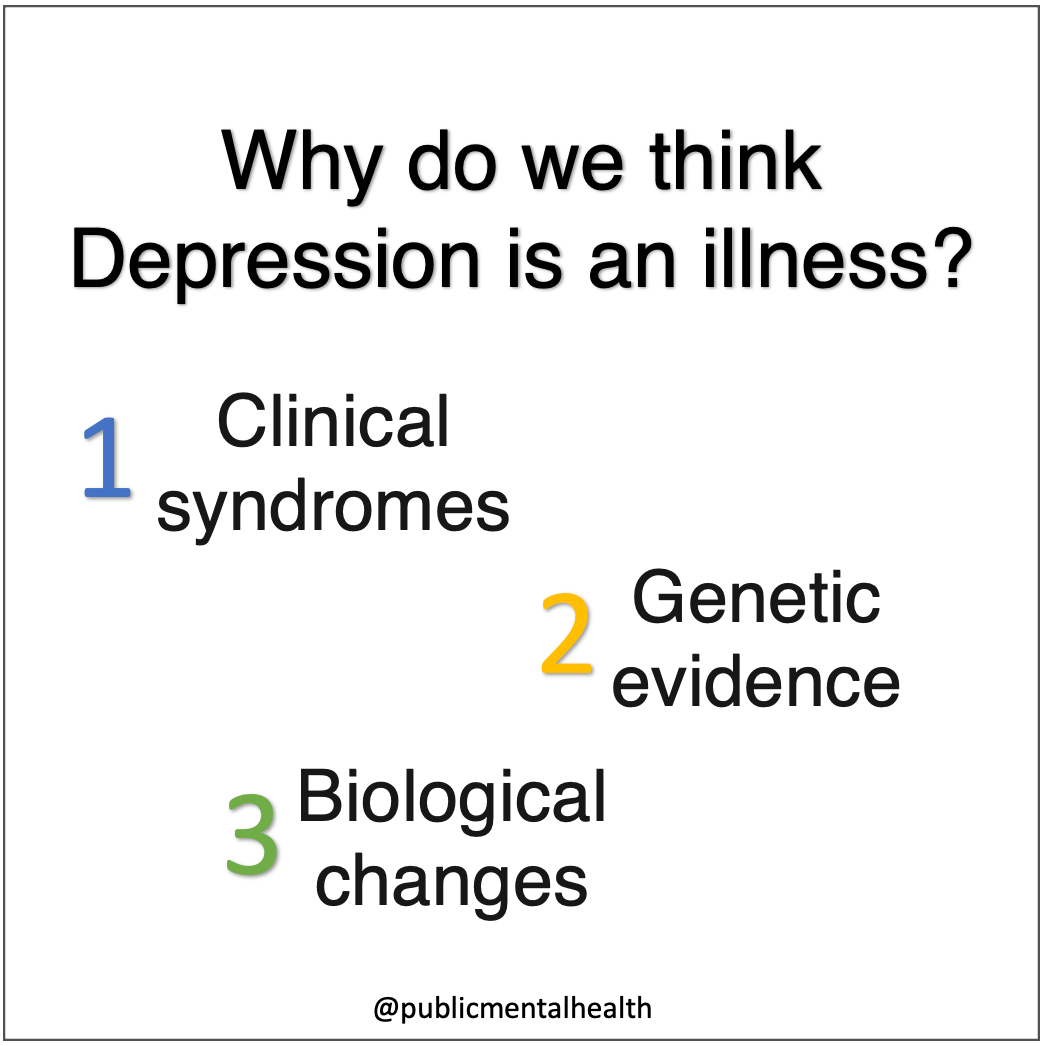Differentiating between feelings of depression and clinically significant depression, i.e. the depression where you need a clinical intervention in form of medications or other treatments, can be hard since, as of now, we do not have a biological test to diagnose clinically significant depression.
And since we use the same word to indicate feeling low, sad, upset, or disappointed, as we use to refer to a medical illness, it becomes a challenge to avoid the confusion.
Depression, or Major Depressive Disorder, is an illness with serious symptoms which can be life threatening. An individual is said to be experiencing Major Depression if they experience either depressed mood or the loss of interest or pleasure in nearly all activities, along with the presence of other symptoms such as weight change, insomnia or super somnia, psychomotor agitation or retardation, fatigue or loss of energy, feelings of worthlessness or excessive or inappropriate guilt, diminished ability to think or concentrate or struggle with indecisiveness, and recurrent thoughts of death.
The main symptoms – depressed mood and loss of interest or pleasure in nearly all activities – must be present for most of the days in addition to being present every day. Same goes for other symptoms, they must be present nearly every day to be considered present with the exception of weight change and suicidal ideation.
When present every day for most of the days, the feeling of depression contributes to the ‘depressed mood’ symptom of Major Depression.
How do we know for sure that Depression is a medical illness?
There are three reasons why we think depression is a medical illness:
- Clinical Syndrome
Major Depression is a medical illness with a clinical description and there is a real clinical syndrome associate with the illness.
Clinical syndrome refers to a set of medical signs and symptoms which are correlated with each other and is associated with the particular disease. For example, diabetes, a disease where blood sugar is high include other associated signs and symptoms such as increased thirst, frequent urination, fatigue, blurred vision, numbness or tingling in your feet or hands, frequent infection, etc.
In absence of a biological test for depression, like the high blood sugar test in case of diabetes, we rely on the signs and symptoms of depression like we discuss above which form the clinical syndrome of Depression.
Through this syndrome, we can differentiate when someone has Major Depression as compared to someone who is having a rough time, just like we are able to differentiate between when someone is having a heart attack or is just having indigestion.
It’s just any other medical illness wherein symptoms are similar in patients across individuals, cultures, and time periods.
- Genetic Evidence
Multiple studies indicate that there is a genetic component involved as a risk factor of Depression i.e. it’s an illness that runs in families and if someone in the family is already depressed, risk of depression is much higher for the individual, similar to other illnesses like diabetes or high blood pressure.
- Biological Changes
Finally, there are biological changes that are associated with Depression. And these changes are significant enough for us to be confident that there are biological changes associated with Depression.
Further research is still being conducted and we are starting to understand these biological changes in detail through advancements in research, and eventually it could lead to development of a biological test (for example a blood test or a brain scan) which will make the process of diagnosis easier.
As of now, in absence of such a biological test, the diagnostic process involves engaging the patient to describe their internal experiences and based on this, the diagnosis is made.
